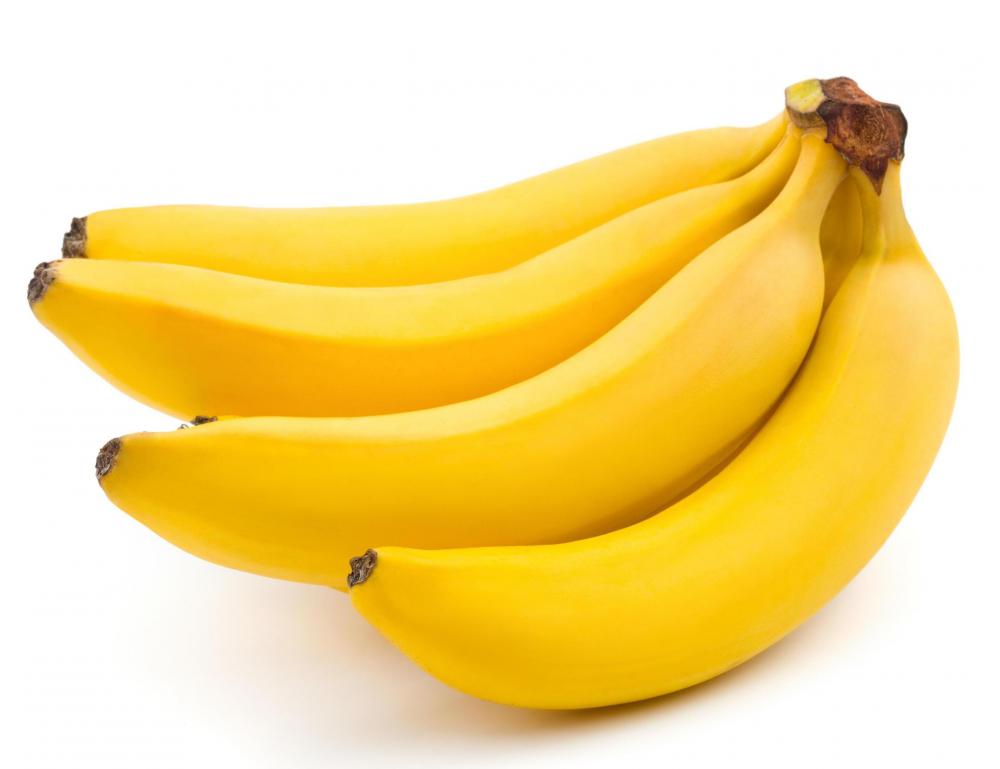At DelightedCooking, we're committed to delivering accurate, trustworthy information. Our expert-authored content is rigorously fact-checked and sourced from credible authorities. Discover how we uphold the highest standards in providing you with reliable knowledge.
What Is a Fruit Kabob?
A fruit kabob is a snack food that is prepared by skewering sliced fruits. Nearly any variety of fruit can be used, including berries, bananas, melons and pineapple. The simplest fruit kabobs are skewered and served directly; more complicated versions are marinated and are frequently served with sweet, often yogurt-based dipping sauces. Fruit kabobs are almost never cooked, which makes them something of a misnomer. Traditionally, the word “kabob” is reserved for grilled or charred meat. Fruit kabobs take their name from their style of presentation, not their contents or preparation method.
Strictly speaking, a kabob — also sometimes written "kebab" — is a meat dish that has origins in the Middle East, particularly Turkey, Afghanistan, and Iraq. Kebab is a Turkish word that means “burned” or “charred,” and it is used to describe any meat that has been cooked that way. The meat usually is prepared on a skewer and roasted over an open flame. If the meat is also served on that skewer, it is referred to as a shish kebab, with shish being the Turkish work for “skewer.”

A fruit kabob looks stylistically a lot like a shish kebab, but the similarity ends with appearance. It does not contain meat and is rarely ever cooked. A beef kabob, veggie kabob or chicken kabob must be cooked before consuming, and in many respects, these dishes are characterized by grill marks and a smoky flavor. Grilling kabobs made of fruit is almost never done, unless the kabobs are made primarily of fibrous fruits such as pineapple.

It most cases, a fruit kabob is little more than a fruit salad presented on a skewer rather than in a bowl or on a plate. Cooks use the skewer to add interest and a bit of novelty to the table. The preparation is often very popular among children and is commonly used as a means of inducing young people to eat fruit. Children who are invited to take an active role in their meal preparation, either by choosing their fruit or skewering it themselves, are often more inclined to eat the finished product.
The kabobs also make interesting appetizers. Party hosts often prepare platters of fruit kabob variations for guests to enjoy. The skewers make the fruit portable and easy to eat as a finger food. Kabobs also offer a fascinating presentation, particularly when paired with different dipping sauces. Yogurt and caramel are among the most popular dips, although a chocolate sauce is sometimes used to transform the kabobs into a more decadent, fondue-type dessert.
Depending on the cook and the overall sophistication of the presentation, a fruit kabob might be marinated in juice or syrup before serving. Marinated kabobs can be messier, because they tend to drip, but they often impart stronger, more robust flavors. Melon, banana and other porous fruit tend to absorb marinade juices the best.
AS FEATURED ON:
AS FEATURED ON:












Discussion Comments
I have seen chefs on television grill fruit kabobs, so it is possible. It depends on the fruit, but dense fruits like peaches,watermelon and apples can usually stand up to the grilling process for a few minutes. Grilling is supposed to enhance the flavors of the fruit, and the natural sugars on the surface become brown.
Post your comments